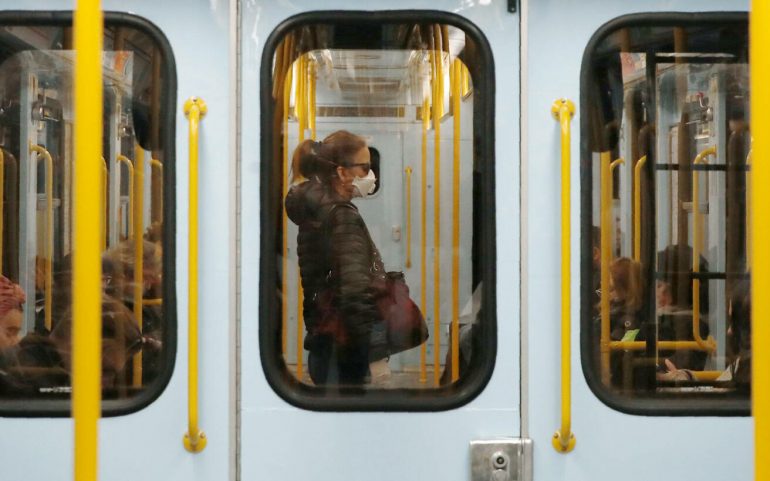The state of emergency created by coronavirus and experienced by millions of people in many parts of the world, is unprecedented for the vast majority of people, especially given the fact that modern generations have not experienced much of a single war - such as World War II - but neither is there any global epidemic.
The fastest-paced pandemic occurred in 1968, with about 1.000.000 dead, affecting mainly Southeast Asian countries. HIV (AIDS) can be added to the list, but it does not have common features, mainly in terms of mode and rates of transmission.
Greece is currently at a critical juncture in its spread coronavirus, with precautionary measures being tightened and people living in a state of anxiety. Similar measures have been taken by many European countries - with their respective ratings - to curb the virus. Unfortunately, neighboring Italy has so far paid a heavy price in the epidemic, surpassing China in the tragic list of victims.
The fact is that the pandemic has created new data in people's daily lives and has brought concepts such as responsibility and solidarity to the forefront, forcing citizens to realize that they live in a global community, which is interconnected at all levels.
We contacted two Greeks living and working abroad to give us a clearer picture of what is happening there and whether the measures taken by the governments are similar to those of Greece and what the reactions of the citizens are.
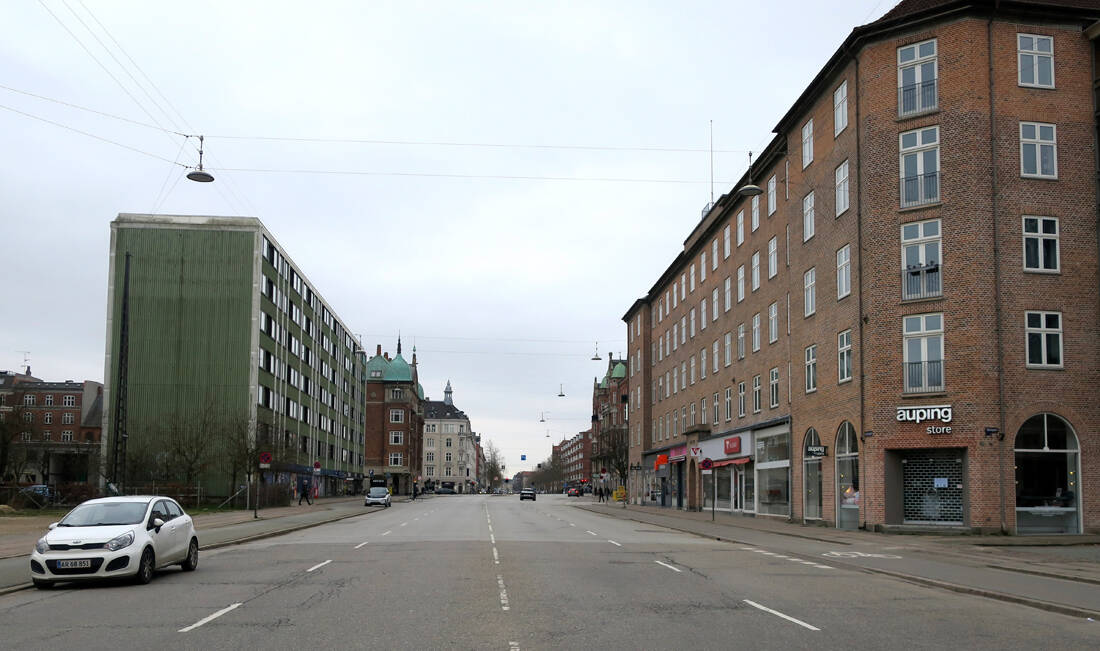
"Knowing the health systems of both countries, I prefer the Greek"
Dimitris lives in its capital Ireland, Dublin, and told us about the situation there.
"Everyone's daily life has definitely changed. Now everyone has heard of him coronavirus and the measures that have been taken, the workplaces are being adapted accordingly, the hospitals have specific priorities and people are becoming more and more aware of what is happening. "
Dimitris considers that the Irish government was somewhat late in mobilizing:
"The government is taking measures gradually. Personally, I think he reacts a little slowly, although he has not done anything wrong. For example, the first case in Ireland was announced on February 29 and there was an immediate outcry to cancel St. Patrick's Day celebrations on March 17. The cancellation of the parades was announced only on March 9. Or, in the case of restaurants and pubs, the owners for days called on the government to take the decision to lockdown, but this was only taken last Sunday.
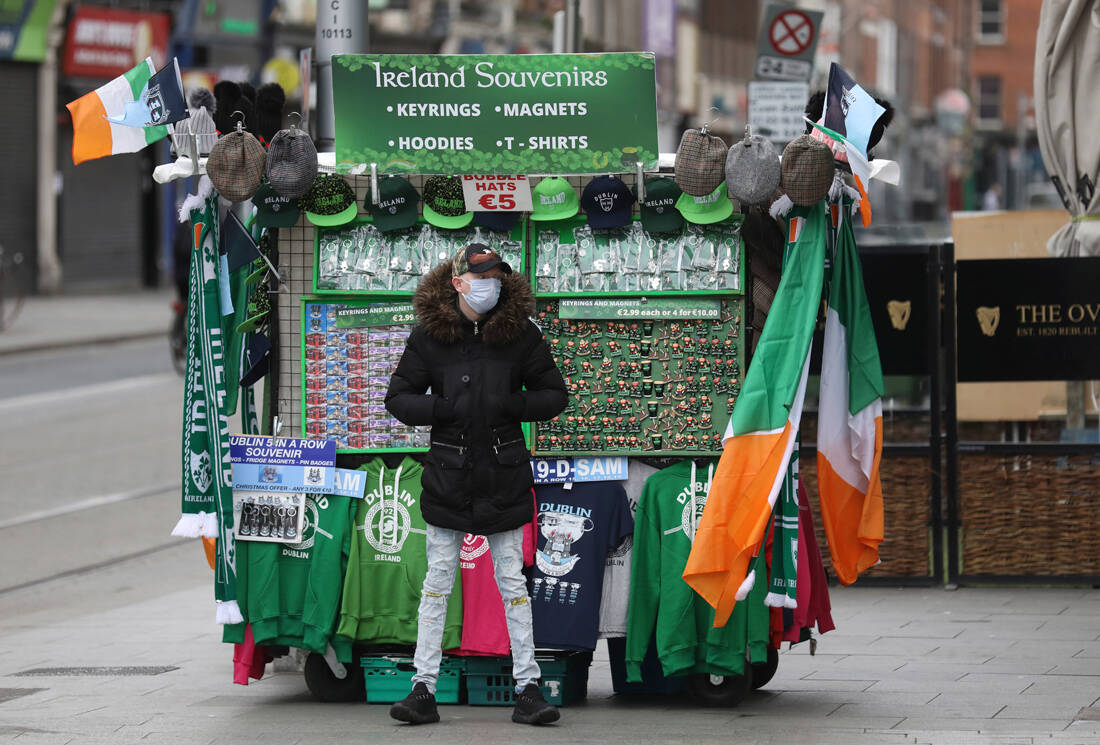
Roughly speaking, the measures do not differ from those of other countries. The information campaign of the world continues intensively. Appropriate banners / posters have been posted in workplaces, means of transport, restaurants, while there is constant information from the media and social networking platforms. The educational institutions of each level closed a week ago. It is forbidden to gather more than 100 people indoors and more than 500 outdoors. Sports events, concerts and conferences have been postponed, while tourist sites, museums and temples have closed or are about to close. The flights have not been canceled, but whoever comes to the country is quarantined for 14 days ".
As for how the working reality is shaped, he told us:
"It has become clear in the workplace that anyone who can work from home, that safety distances and hygiene rules must be observed and flexible hours must apply. In case of shift, the people in the shift should remain the same. It also calls for minimizing face-to-face meetings and replacing communication by e-mail or telephone. All of the above with the horizon at the end of March, but there is a common feeling that it will continue for more, as a general lockdown is expected in the coming days ".
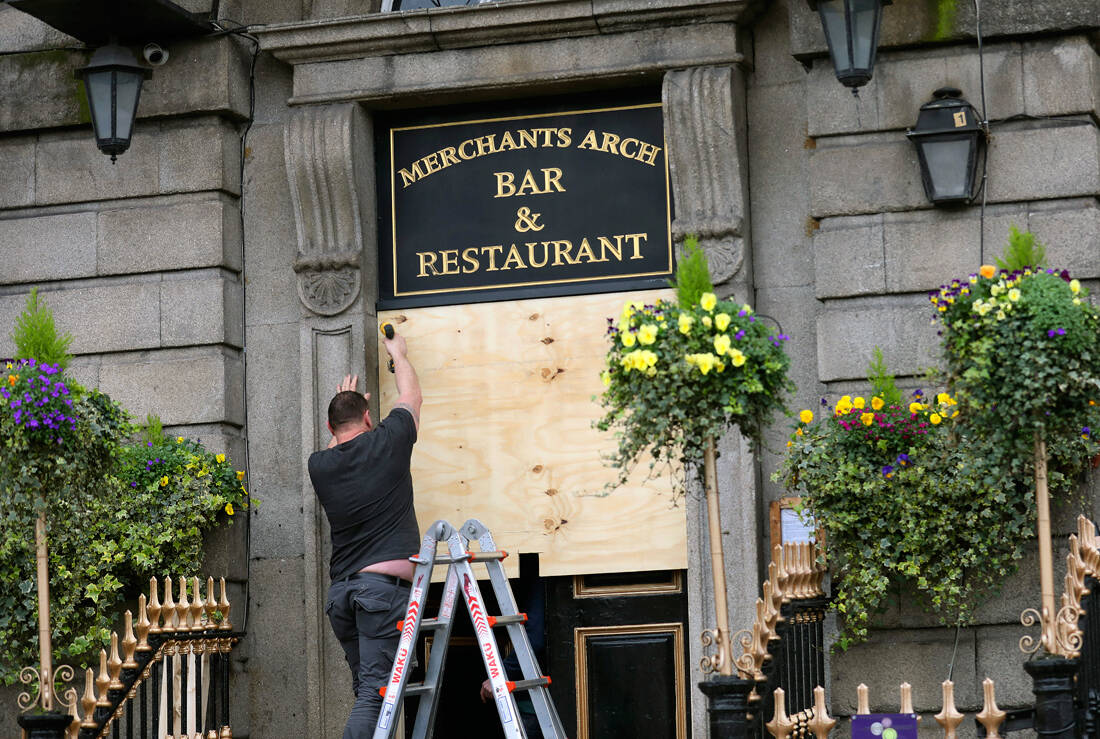
"About 140.000 workers have been laid off"
- But what is the reaction of the citizens regarding the measures?
"There is no general panic. Dublin city center is not the most representative sample, as it is dominated by tourists and younger age groups. People are moving on the street, but in smaller numbers compared to previous weeks. However, there is a lot of traffic in supermarkets and pharmacies, all the big chains have already imposed opening hours only for the elderly or restricting the people who will be inside the store at the same time. The first big bang in the supermarkets was observed last week, the day the schools were announced to close. Sales have reached, and in some categories (kitchen utensils, sanitary ware and dry food) exceeded Christmas levels. The fact that people no longer eat out of the house carries all the weight and sales to grocery stores. Clothing stores close one after the other, as well as those services that are not considered essential.
A major concern for the world has to do with Northern Ireland and the completely different approach taken by the United Kingdom to address the situation.
A large fear of a significant portion of the world is their working future. Already within the first week of implementation of the measures it is estimated that about 140.000 employees have been temporarily laid off (employees of restaurants, pubs and nurseries). "According to official announcements, more than 16.000 people have already applied for the special unemployment benefit that will be given, although it has been announced by ministerial lips that it will take a few weeks until the companies that are forced to close are compensated."
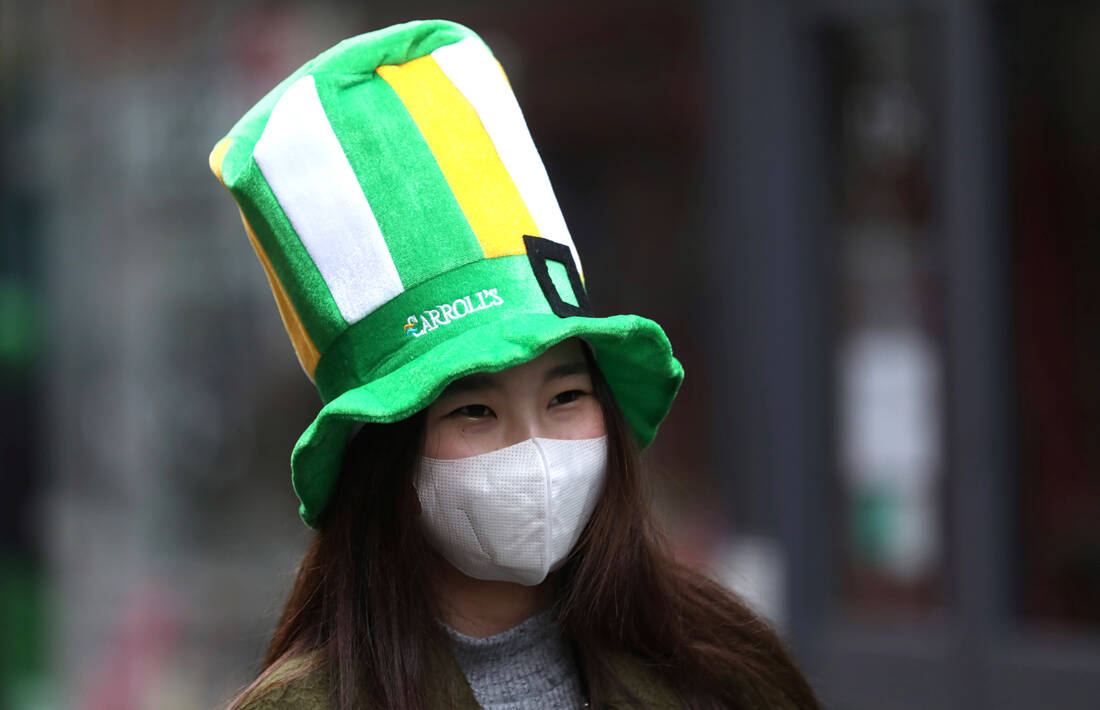
Dimitris also described his daily life:
"I live and work in the center of Dublin, in the offices of one of the largest supermarkets in the country. Everyday work life has changed dramatically. The majority of employees already work from home, meetings with external partners have been banned, while internal meetings are limited to what is absolutely necessary. In addition to the classic ways of communication, teleconferencing now plays an important role. Because my role is to develop new products, this is now being pushed aside for the time being, as the burden falls on meeting the demand for basic products. In personal life, the change is also big: staying at home the rest of the day and going out only for the necessary shopping ".
- How do you feel about what you see happening in Greece?
"Whoever I have talked to lately, I notice that they are dealing with the issue very calmly, so I have no reason to worry anymore. I will repeat that the Greek health system is more efficient and humane than the corresponding Irish one, while the intensive care beds are much less here, so I think that things in Greece look slightly more positive than the treatment of the virus in Ireland. We have not reached a point of no return, so I am in a dilemma to return to Greece. However, knowing the health systems of both countries, I can say with certainty that I prefer the Greek one ".
"Gatherings of more than 10 people banned in Denmark"
Marianna lives and works in Denmark, in Copenhagen. He moved there just a few days before he broke out virus and drastic measures are taken.
"The truth is that I did not really catch up with life here before the virus. However, the reality at the moment is similar to many other cities in the world. People stay at home and avoid travel, restaurants are closed, all major events are canceled. We are all waiting for the developments ".
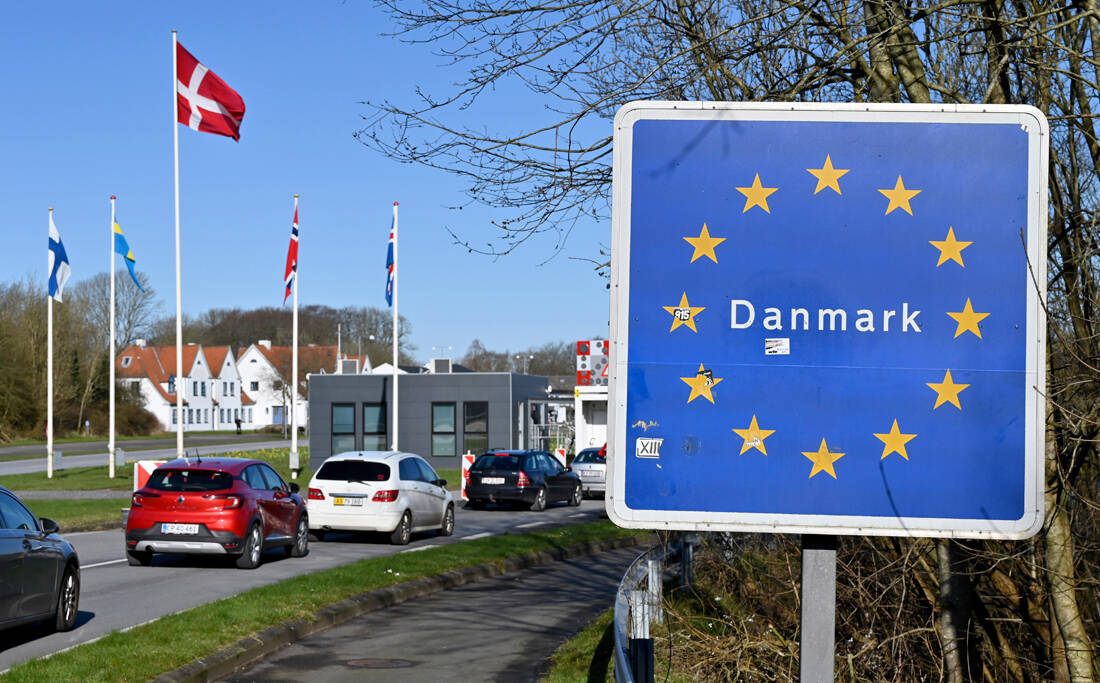
- What are the measures taken by the government there?
"The first measures were to close schools and universities and to stop the operation of the public sector. Those civil servants who can work from home, otherwise go on leave. Except of course for the employees who hold key positions. In this way, the number of passengers in the MMM was greatly reduced. In the second year, cafes, restaurants, shopping malls, gyms closed. "Gatherings of more than 10 people are now banned both indoors and outdoors and the borders are closed for people who do not live or work here."
- How is everyday life in Copenhagen?
"Our daily life is now quite similar to that of Greece. We do not leave the house, except for the basics (supermarkets, pharmacies, etc.). We now do everything online. We work, shop, communicate with our friends and family.
There is generally no panic. You will hardly see any people with disposable gloves or masks. "People are obedient, they will not make unnecessary movements but at the same time, they will continue some of their daily habits (eg gymnastics outdoors, running. Walking) always keeping the safe distance".
As for working conditions, he told us:
"As many as we can work from home. It is forbidden to go to the office. However, flexible working is not new here. So it does not seem strange to them. The problem is for employees and companies that do not have this feature. "The government has already announced measures to support companies, so that people are not fired and companies are closed."
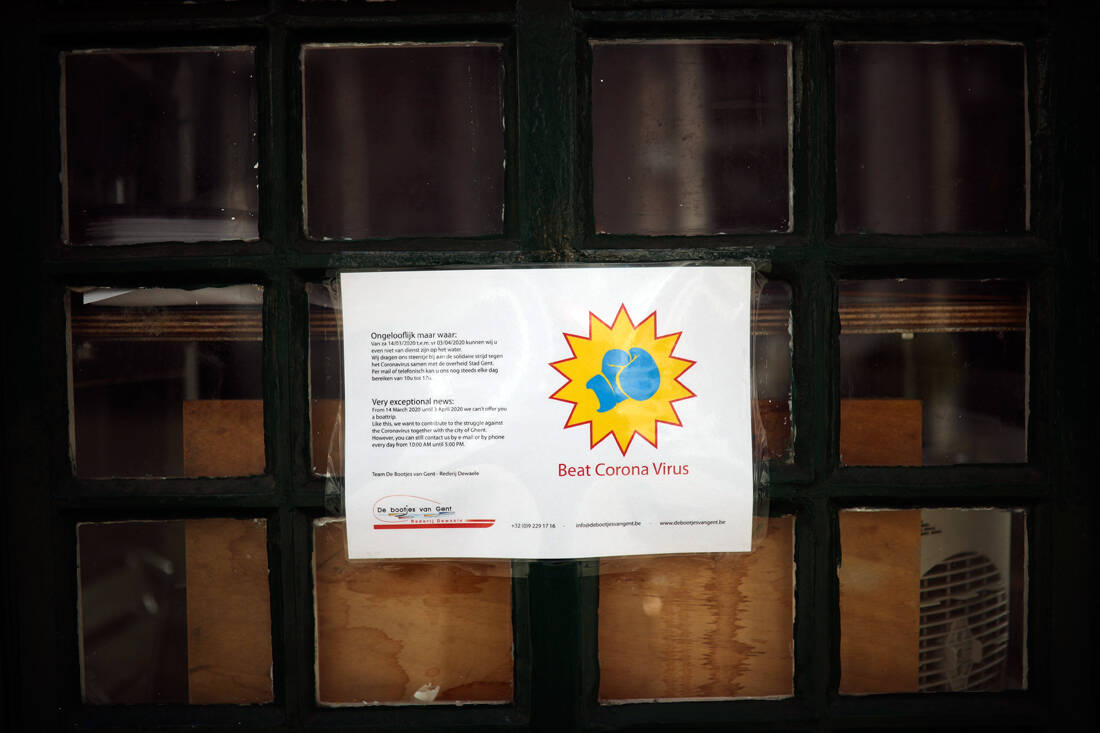
- What do you learn from Greece?
"With most of the friends I talk to in Greece, they are quite cool. They realize that we need to stay home not so much so that they do not get stuck but to protect vulnerable populations and the health system itself so that it does not collapse. I'm glad that most companies follow the security measures. "I only get upset when I see people taking it so lightly and not thinking about the consequences."
As for where he feels most comfortable:
"Emotions are mixed. On the one hand you want to have your friends and family by your side in case something happens and respectively to be by their side, but on the other hand here I feel more secure that the health system has greater resilience so it can probably treat better anyone who gets sick ".
"In Belgium there is a feeling of fear for the next day"
Thanos works at Luxembourg for the European Investment Bank and resides in Liege, Belgium, where the measures are being gradually tightened.
"In Belgium the situation is starting to get worse with increased measures and people being more careful in their contacts. A total ban has not yet been imposed, but all stores have implemented measures here, such as keeping distances between customers.
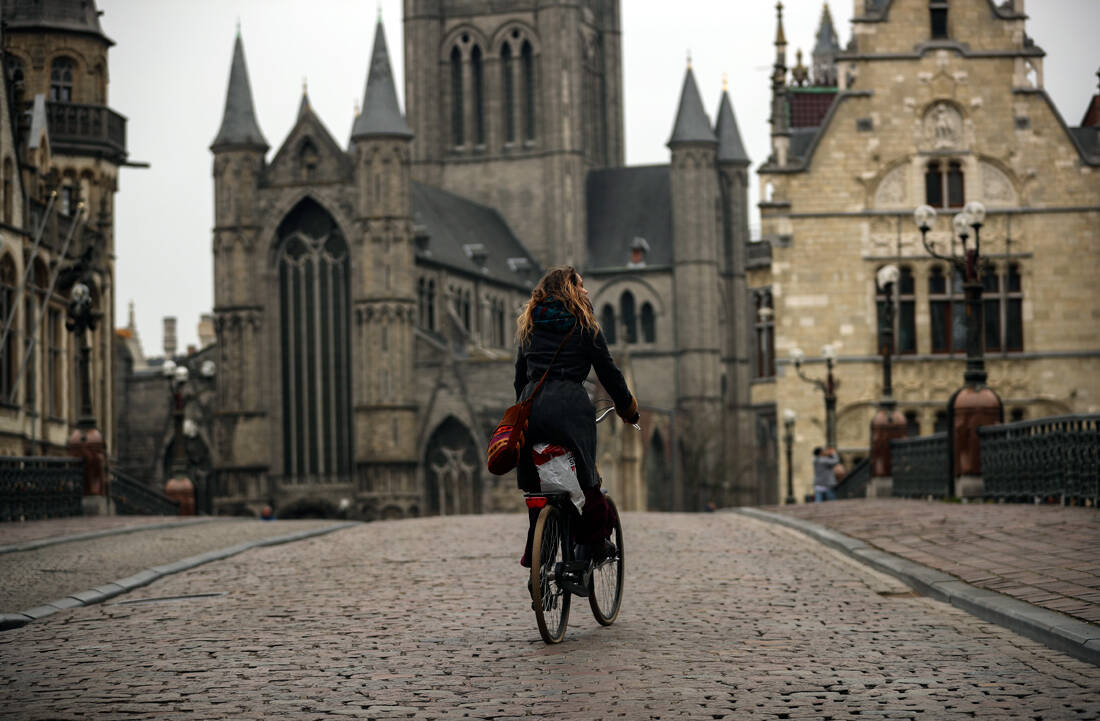
The measures are every day and new, similar to other European countries. Informing the citizens on a daily basis and instructions to shopkeepers for the operation of the shops, especially for emergencies. Personally, I work from home because the nature of my job allows it, but the same does not apply to people with businesses that operate with obviously less customers, special hours and rules.
Generally there are not many problems with the services. We can still cater for anything emergency, while the less emergency cases have been postponed to next month. "Also, the government has already introduced many measures to facilitate payments by citizens and shop owners, such as the suspension of mortgage payments, the extension of unemployment benefits, etc."
As for everyday life:
"Quite limited and mainly in the house until newer. Transportation is limited to essentials (supermarkets, etc.) and always with caution. There is no panic, only a feeling of uncertainty and fear for the next day and when we will get out of the current situation with the coronavirus ".
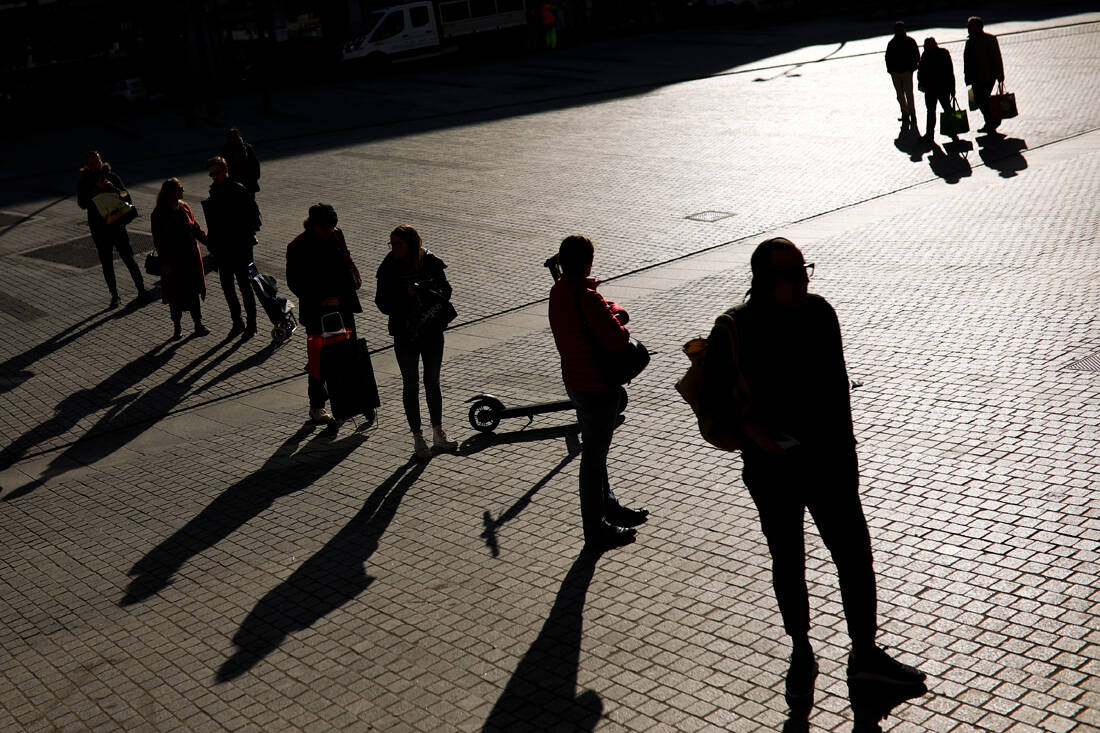
- What do your people from Greece tell you?
"The feeling I get from my conversations with relatives and friends in Greece is that some have not taken the issue seriously and that the people in Greece are still unable to understand the seriousness of the situation and how important the measure of restricting traffic and contact with more people is.
I would not like to return to Greece so as not to endanger my parents but also older relatives who are even more vulnerable. However, in Greece and Belgium, I would feel that there is a corresponding danger ".
